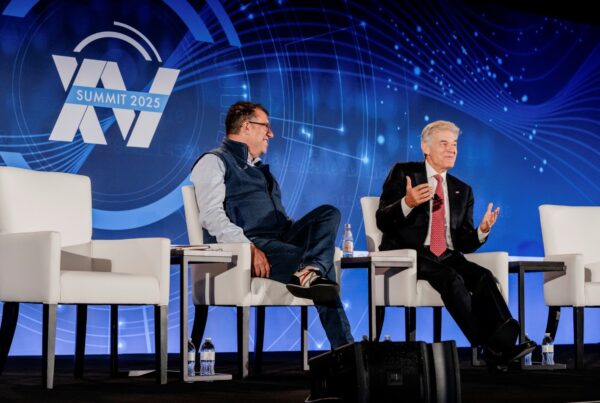
Ruben Amarasingham, MD
As a physician and a longtime business executive in health IT and informatics, Ruben Amarasingham, MD has the professional background to give an accurate assessment of the current status of the AI revolution in this industry.
“One of the biggest challenges in health care is when AI is not really reducing the stress or complexity of the care environment. And if it’s not, you’ve got to ask the question, ‘Is it actually doing what it’s supposed to be doing or is it hyperbole?’ There’s quite a bit of hyperbole in the AI world,” says Amarasingham, CEO of Pieces Technologies, which builds and deploys clinical tools for health systems and community-based organizations.
Before leading Pieces, Amarasingham was the CEO for the Parkland Center for Clinical Innovation (PCCI), a part of the Parkland Heath System that develops complex real-time predictive analytics’ solutions. Despite his familiarity and eagerness about AI’s potential in health care, he does not believe the technology is making the impact it could. One of the biggest reasons why, he says, is health systems and payers are struggling to find use cases that are applicable for the technology.
Read more: The CEO Guide to Artificial Intelligence in Health Care
“I think if you’re an individual health plan or provider, you will be knowledgeable about the use cases you are struggling with. You take those and you look at which one of those have significant information complexities. In the AI world, we tend to see a lot of advancements where the technology has a wow factor. But then when you apply it to a real use case that’s highly complex and needs significant value to bring clinical or financial improvement, a lot of the bells and whistles of AI don’t pan out,” Amarasingham says.
In some cases, the bells and whistles actually make things worse. In a survey of health care executives, KPMG found that AI actually increased the cost of care, rather than reduce it.
Amanda Hammel, chief information officer at Memorial Hermann in Houston, said that the many times weekly when she is pitched on AI, she finds the vendor is not really pitching AI. The hype is greater than what’s actually happening in the marketplace. “People often confuse AI and machine learning with basic algorithms,” Hammel says.
Despite what he’s seen from executives about return on investment for AI solutions, Amarasingham is optimistic. He’s seen a lot of progress in how the technology has been used to reduce readmissions and hospitalizations, address health disparities, and manage chronic disease conditions. “Executives should continue to invest in AI smartly and to think about the use cases that they struggle with, for which AI is adept at helping with. Find those information complex problems where the data can be summarized,” he says.
The human factor
Another challenge with AI in health care is the lack of understanding on how the technology will complement the insight of human experts, says Craig Mandeville, CEO of Forcura, which offers AI-enabled health communication technology. The “set it and forget it” mantra doesn’t work for AI in health care, he notes, and in many cases, employees are worried about the technology replacing them.
“A lot of people think when you put in AI or prescriptive analytics that it’s the only answer. The human touch is important to augment, digest and make really good decisions. The challenge has been more of a mindset where people think that they’re losing their job or the AI is there to replace them. Radiologists are scared about AI where the machine is going to be able to predict better than the physician can. That’s just not the case,” Mandeville says. “It’s really to augment and provide additional information so these physicians can make good decisions.”
It’s clear that this potential barrier to AI adoption is on the minds of health care executives. According to KPMG, 67 percent say their employees support AI within their organization, which is the lowest ranking of any industry surveyed by the firm.
Michael Apkon, CEO of Tufts Medical Center and a big proponent of AI in health care, says that it’s part of the CEO’s role to cull the fears that the employees might have about AI. “CEOs have to demystify and provide space for organizations to innovate and see the benefit of these tools. The reality is AI is not going to replace radiologists and pathologists but radiologists and pathologists who don’t use AI will be replaced by those who do. I would say the same thing for organizations,” says Apkon. “Figure out how to create an environment where employees thrive through technology transformation and allows them to embrace the technology.”











